September
Managing the COVID-19 pandemic in poor urban neighborhoods
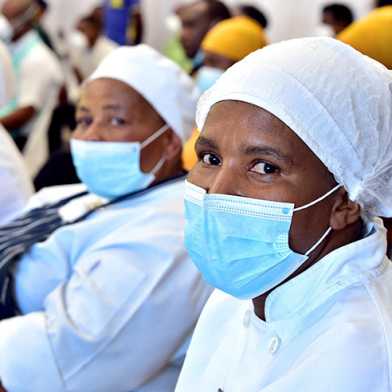
COVID-19 has already challenged many countries, causing concern about what will happen in African countries. To understand how the urban poor mitigate their risk of infection, ISTP PhD student Antoinette van der Merwe together with researchers from the University of Ghana and the University of Pretoria conducted a survey with 1,400 poor households in Accra and Johannesburg. They concluded that a costly shutdown of public life is only effective with a well-informed population.
ISTP Colloquium talk: Can we go net-zero any time soon, and how?
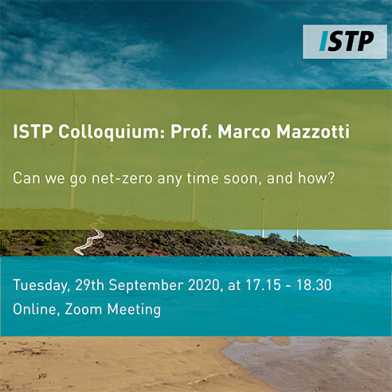
Our first colloquium talk for the Autumn Semester 2020 will take place online on Tuesday, 29th September 2020, at 17:15 - 18:30. The invited guest speaker, Prof. Marco Mazzotti from the ETH Department of Mechanical and Process Engineering, will elaborate on several aspects related to the deployment of Carbon Capture, Utilization and Storage (CCU and CCS) systems, which play a central role in political debates, technological efforts and scientific developments around climate change.
ISTP4Public Brand New Video: Giving climate policy advice that makes a difference
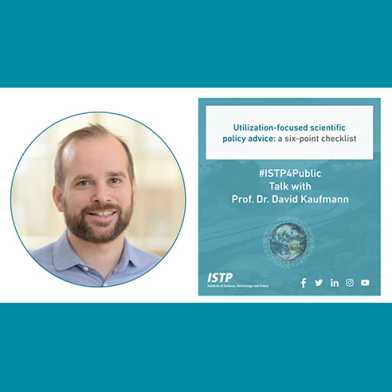
Why does so little of the vast knowledge about fighting climate change make it into policy? In the new video of our "ISTP4Public" series, ISTP Member ETH Prof. David Kaufmann highlights the need for policy advice that includes considerations of implementability and acceptance of the proposed policy. To help climate scientists provide such utilization-focused policy advice, Prof. Kaufmann worked together with various researchers and formulated a six-point checklist.
Do citizens provide political rewards to firms engaging in voluntary environmental action?
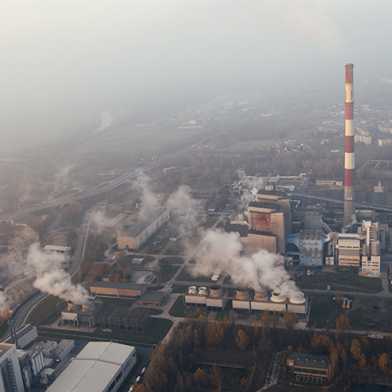
Whether voluntary environmental action pays off for both business and the environment has been a subject of academic and policy debate for many decades. A recent study by CIS & ISTP PhD Student Dennis Kolcava, ETH Prof. Thomas Bernauer, and NMBU & UZH Prof. Joachim Scholderer reveals that citizens are more willing to reward firms with public procurement contracts, tax breaks and lenient regulatory enforcement when these firms engage in ambitious voluntary environmental action.
High-mast lighting as an adequate way of lighting pedestrian paths in informal settlements?
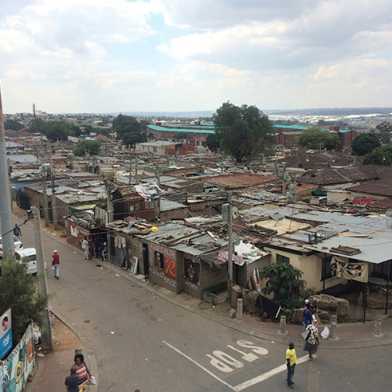
The night-time condition in informal settlements is often characterised by a lack of light on pedestrian path networks. A common technological approach in some countries to address these needs is to provide high-mast luminaires. In his paper, ISTP researcher David M. Kretzer shows that the application of high-mast luminaires has several limitations, as it fails to create adequate consistent lighting conditions in common forms of informal settlements.
Call for Applications - Two Postdoctoral Positions at the Department of Architecture (D-ARCH)
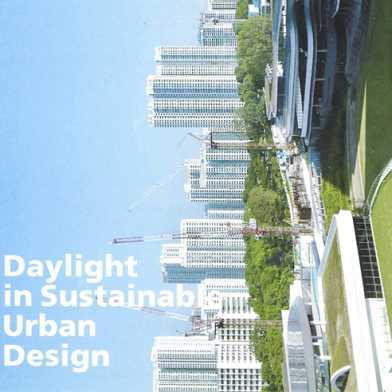
The Department of Architecture (D-ARCH) of the ETHZ and VELUX STIFTUNG are launching two postdoctoral positions for 18 months in researching daylight perspectives in sustainable urban and architectural Design. The first DAYLIGHT Fellow will start by January 2021 and the second Fellow by February 2022.